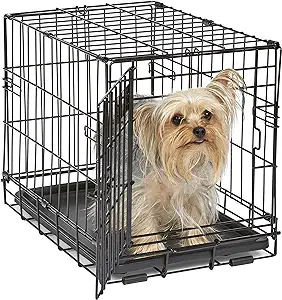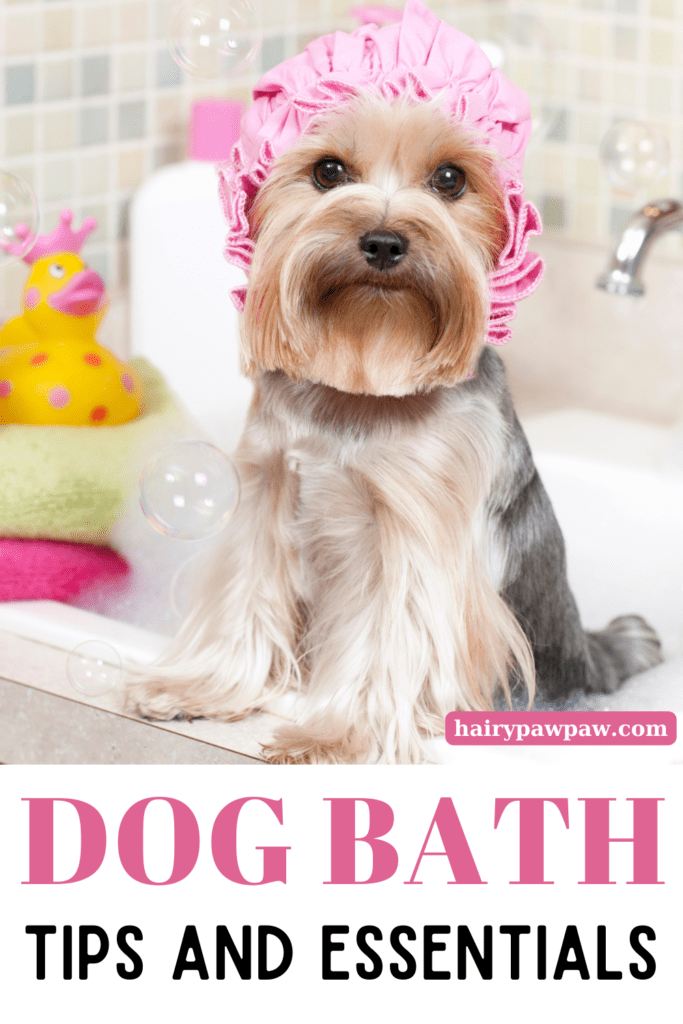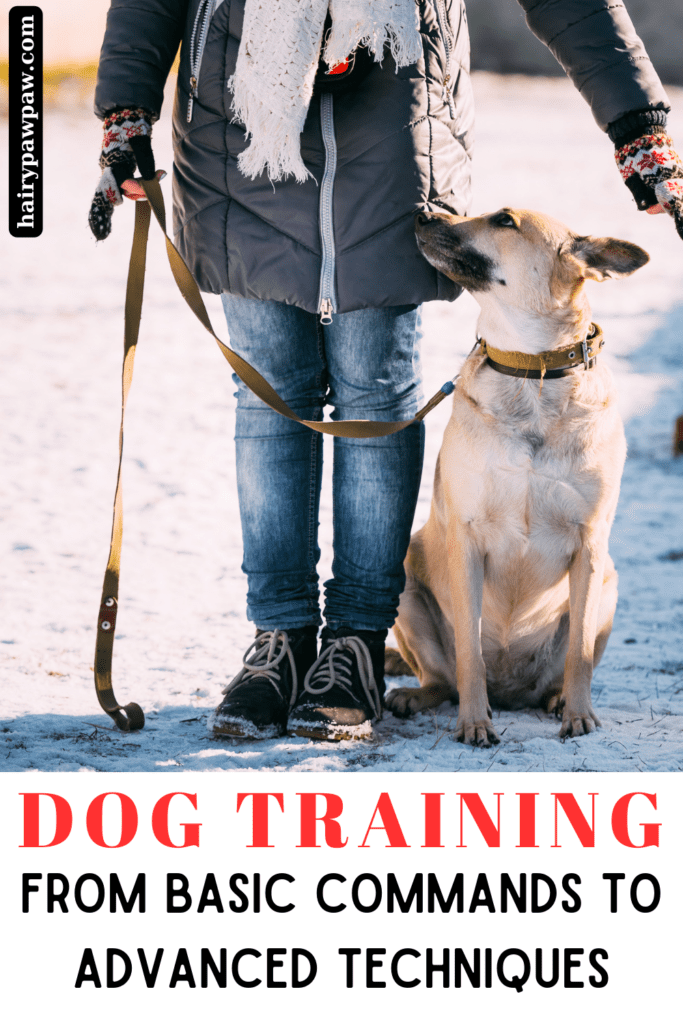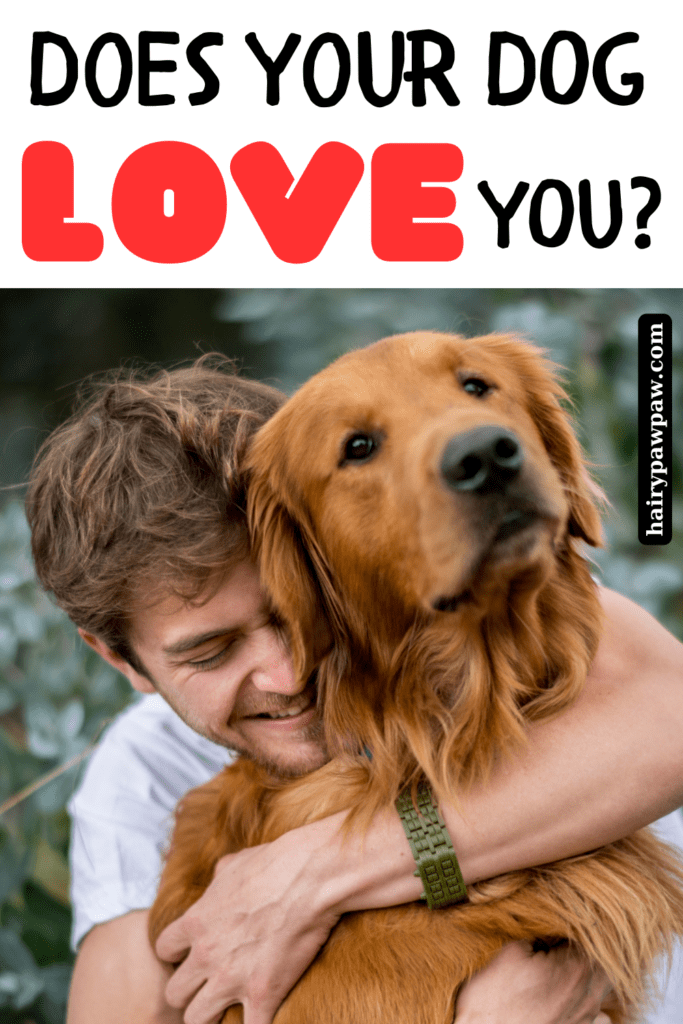10 Effective Tips for Training Your New Puppy
This post may contain affiliate links, which means I’ll receive a commission if you purchase through my link, at NO EXTRA COST TO YOU
Training a puppy is an exciting journey that sets the foundation for a well-behaved and happy dog. Early training is crucial for instilling good behavior and building a strong bond with your new furry friend. Here are 10 essential tips to help you get started on the right paw:
1. Start Training Early
Begin training your puppy as soon as you bring them home. Puppies are like sponges, eager to learn and adapt to new environments. The sooner you start, the easier it will be to establish good habits and prevent bad ones. Ideally, begin with basic commands like “sit,” “stay,” and “come” around 8 to 10 weeks old.
2. Use Positive Reinforcement
Positive reinforcement is one of the most effective training methods for puppies. Reward your puppy with treats, praise, or playtime whenever they exhibit good behavior. This encourages them to repeat the behavior. Avoid punishment, as it can lead to fear and anxiety, which can hinder training.
3. Be Consistent
Consistency is key to successful puppy training. Use the same commands, gestures, and rewards every time you train your puppy. This helps them understand what is expected of them. Make sure everyone in the household is on the same page to avoid confusing your puppy.
4. Keep Training Sessions Short
Puppies have short attention spans, so keep training sessions brief—around 5 to 10 minutes each. Several short sessions throughout the day are more effective than one long session. This helps keep your puppy engaged and prevents them from becoming bored or frustrated.
5. Socialize Your Puppy
Socialization is an essential part of early puppy training. Expose your puppy to different environments, people, and other animals. This helps them become well-adjusted and less fearful of new experiences. Arrange playdates, take them to the park, or invite friends over to meet your puppy.
6. Introduce Crate Training
Crate training is beneficial for both you and your puppy. It provides a safe space for your puppy and aids in potty training. Start by making the crate a positive place with treats, toys, and comfortable bedding. Gradually increase the time your puppy spends in the crate, but never use it as a form of punishment.
7. Focus on Potty Training
Potty training is one of the first things you should focus on with your new puppy. Establish a routine by taking your puppy outside frequently, especially after meals, naps, and playtime. Praise and reward them when they go potty outside. Be patient and consistent, as accidents are normal during the learning process.
8. Teach Basic Commands
Basic commands like “sit,” “stay,” “come,” and “leave it” are fundamental for good behavior. Start with simple commands and gradually increase the difficulty as your puppy masters each one. Use treats and positive reinforcement to encourage them.
9. Avoid Overwhelm
Puppies can easily become overwhelmed with too much information at once. Introduce new commands and experiences gradually. Focus on one command at a time and ensure your puppy has mastered it before moving on to the next. This helps prevent confusion and ensures successful learning.
10. Be Patient and Stay Positive
Training a puppy requires patience and positivity. Puppies will make mistakes, and that’s okay. Stay calm and avoid frustration when things don’t go as planned. Celebrate the small victories and maintain a positive attitude throughout the training process.
Final Thoughts
Training your puppy is a rewarding experience that sets the stage for a lifelong bond. By starting early and following these essential tips, you’ll help your puppy grow into a well-behaved and confident dog. Remember, consistency, patience, and positive reinforcement are the keys to successful training.












